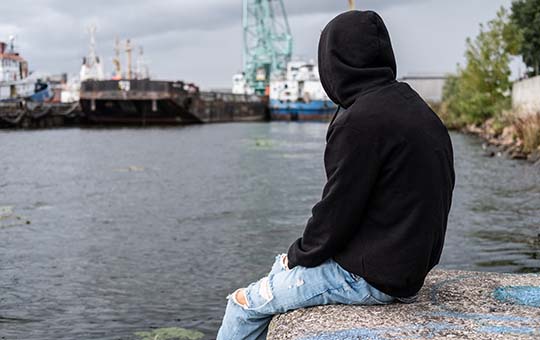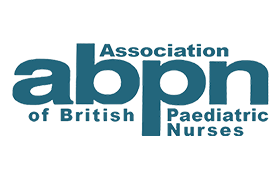Follow the conference on X #CSAMandatoryreporting
“We have learned quite a lot from those reviews that have already been undertaken. But locally, people need to step up to the mark and do the sorts of things that have been recommended..”
Prof Alexis Jay, Chair of the Report of the Independent Inquiry into Child Sexual Abuse
“In March 2020, the Office for National Statistics estimated that 3.1 million adults in England and Wales had experienced sexual abuse before the age of 16.”
The Report of the Independent Inquiry into Child Sexual Abuse
“If there had been a mandatory law when I reported my child sexual abuse then perhaps my abuser would have been brought to justice. Possibly many other abusers would be prevented from continuing to harm children if their first incidence was reported under a mandatory law.”
Member of the Victims and Survivors Forum
The introduction of the new mandatory reporting duty for child sexual abuse marks a pivotal moment for safeguarding across the UK. This full-day online conference brings together leading experts, legal specialists, practitioners, and those with lived experience to explore what the new law means in practice — and how every professional can play a vital role in protecting children from harm. Through keynote sessions, interactive Q&As, and expert insights, delegates will gain the clarity and confidence needed to fulfil their responsibilities under the new duty.
From understanding the legal framework to recognising warning signs, managing disclosures, and navigating multi-agency collaboration, this conference offers a comprehensive guide to implementing effective, compassionate reporting. With a focus on real-world application and cultural change, participants will leave equipped to strengthen safeguarding systems, support colleagues, and contribute to a safer future for all children.
Who should attend?
All professionals in positions of trust and in regulated activity with children
This conference will enable you to:
Understand the new mandatory reporting duty for CSA - including who it applies to, when and how to report, and the legal and ethical implications of non-compliance.
Be able to recognise indicators and disclosures of CSA across different settings, and respond appropriately and confidently in line with best practice.
Gain insight into building safer organisational cultures, embedding accountability, and fostering environments that prioritise early reporting and protection.
Strengthen understanding of multi-agency collaboration, information sharing, and trauma-informed support for children, families, and staff.
Develop awareness of emerging forms of abuse, including online-facilitated CSA, grooming gangs, and child sexual exploitation - and learn how to address these within safeguarding frameworks.
Leave equipped with practical strategies, legal clarity, and professional confidence to implement the mandatory duty effectively and compassionately.










